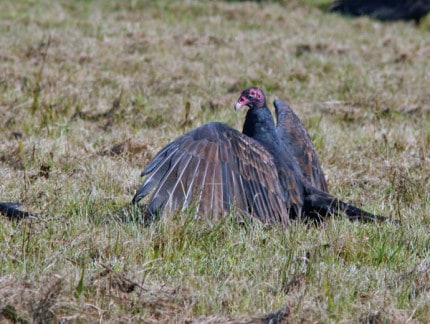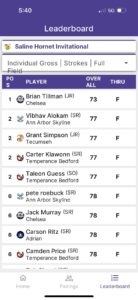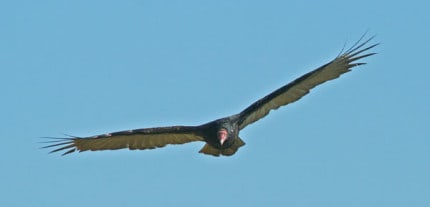
(Chelsea Update would like to thank Tom Hodgson and the Waterloo Natural History Association for the information and photos in this column.)
Every year, the town of Hinckley, Ohio celebrates the return of the “Buzzards.” Everyone has to have something to celebrate, right?
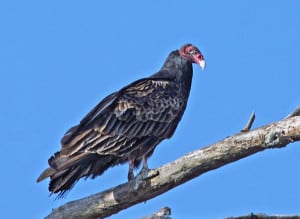
True buzzards are actually old world birds. What Hinckley is actually celebrating is the return of the turkey vulture, a large, carrion feeder that is common throughout the U.S. including the Chelsea area. Although in the past, vultures have been lumped in with raptors like hawks and eagles, more recent studies find they are more closely related to storks.
The turkey vulture rarely kills its prey, but instead feeds on the remains of kills left by predators and on the many animals killed by cars on area roads. Unlike most birds, the turkey vulture has a keen sense of smell. It is able to locate rotting carcasses while soaring high in the air, by detecting the odors rising from them.
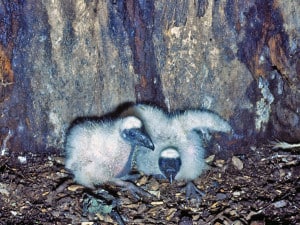
Its large, six-foot wingspan allows it to soar effortlessly on thermal updrafts for hours in search of food. Turkey vultures are migratory. They usually arrive in Michigan in late February and March and begin nesting soon thereafter. With this year’s mild winter, they are returning early, and have already been seen in the area.
Turkey vultures often roost in large community groups, breaking away to forage independently during the day.
The turkey vulture has few predators. Its primary form of defense is regurgitating semi-digested meat, a foul-smelling substance, which deters most creatures intent on harming it, or raiding its nest. With few predators and an abundance of road kill animals for food, the turkey vulture is doing well and is considered a species of least concern.
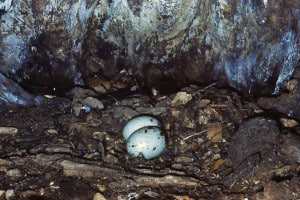
The turkey vulture is the most common vulture in the Americas. Its global population is estimated to be 4,500,000. It provides a useful service, disposing of dead animals that might transmit disease.
Most hawks and eagles soar with their wings flat. Turkey vulture flies with its wings held in a shallow V. This, along with the habit of tilting its wings back and forth in the wind, makes it easy to recognize even at a great distance. Turkey vultures have no call and can only make hissing noises.
In Michigan, turkey vultures nest in hollow trees or hollow logs. With their red, featherless heads turkey vultures when at rest, resemble turkeys. Turkey vultures lower their body temperatures at night and warm up by spreading their wings toward the sun the next morning.
